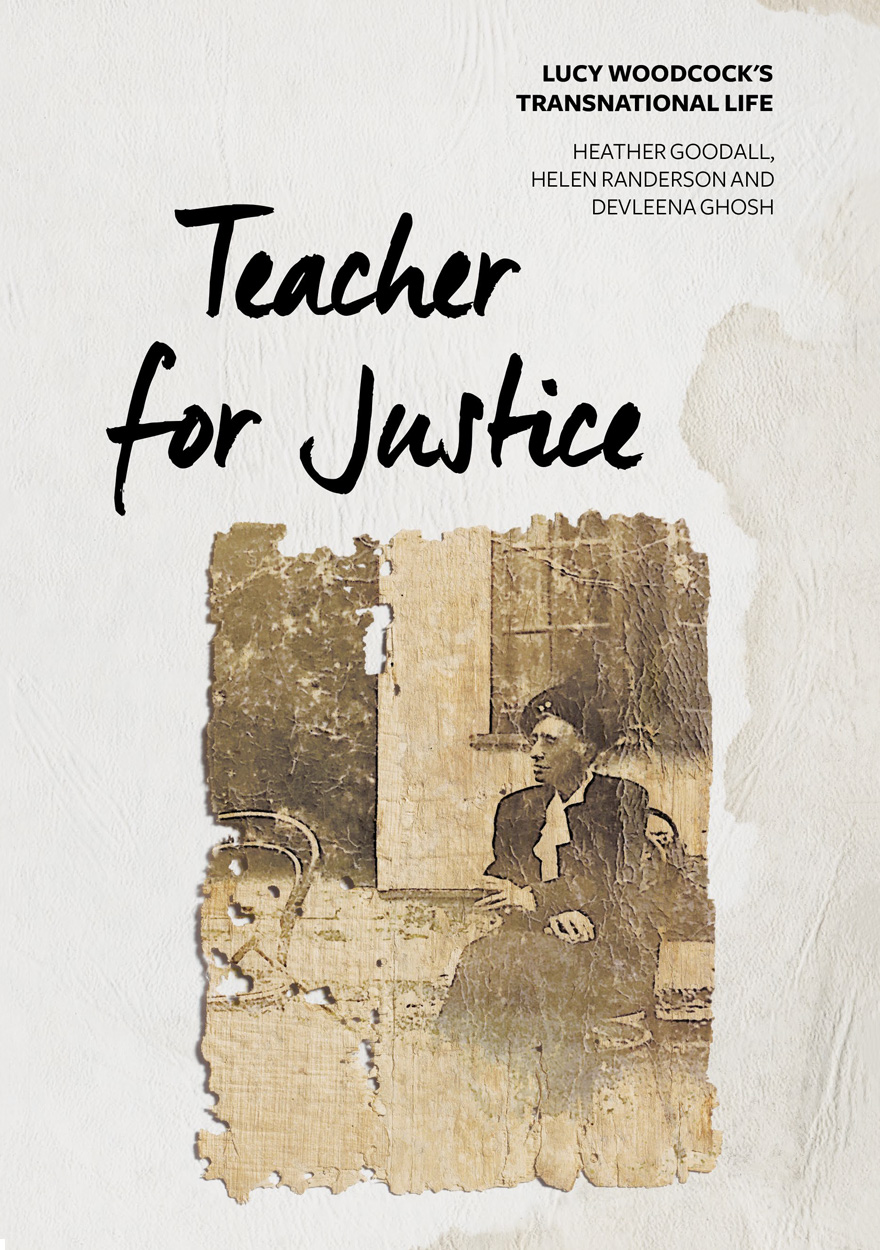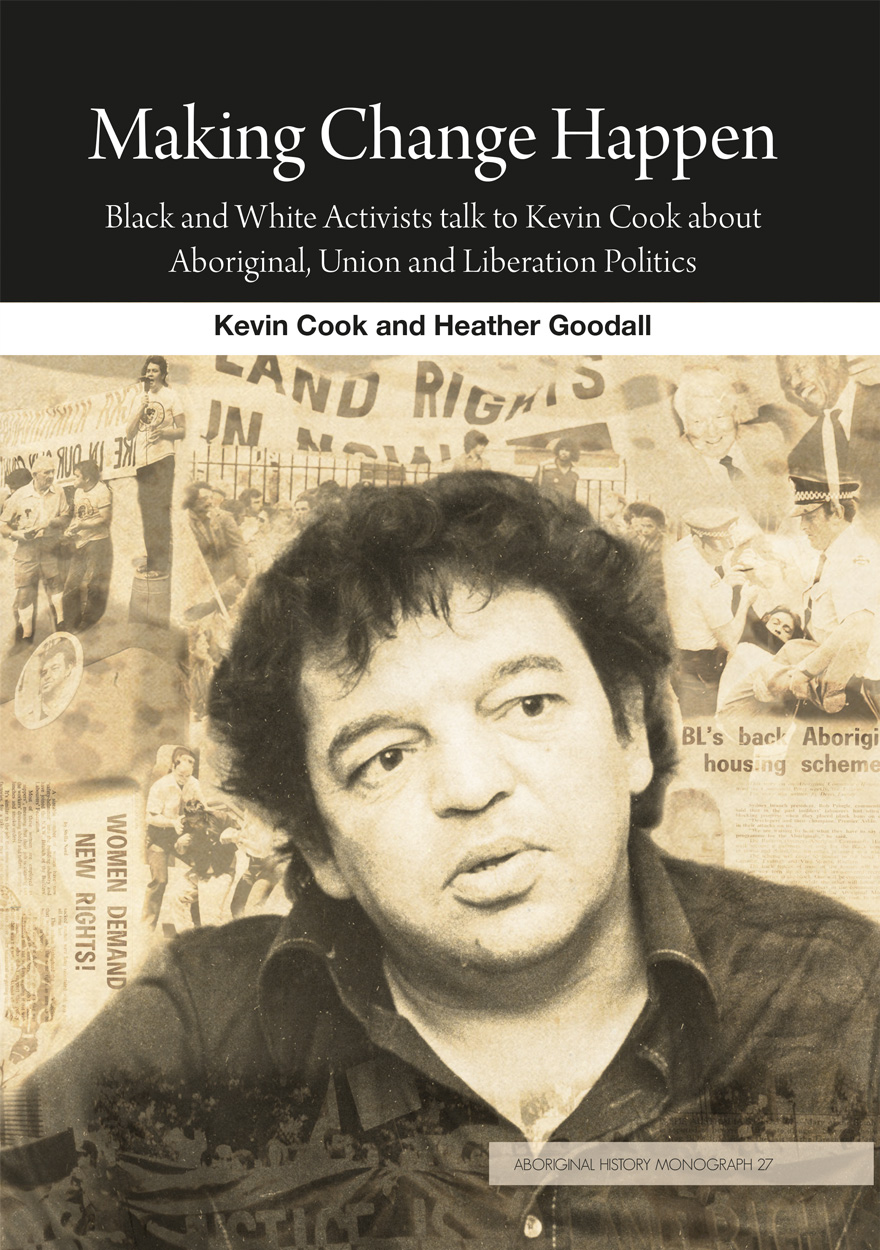Lucy Woodcock's Transnational Life
Publication date: August 2019
‘Teacher for Justice is a major contribution to the history of the women’s movement, working‑class activism and Australian political internationalism. But it is more than this. By focusing on the life of Lucy Woodcock – an unrecognised and under-researched figure – this book rewrites the history of twentieth-century Australia from the perspective of an activist who challenged conventions to fight for gender, race and class equality, exploring the complex and multi-layered intersections of these aspects. It explores Woodcock’s personal relationships and the circles she mixed in and the friendships she forged, as well as the conventions she challenged as a single woman in possibly a same-sex relationship. The book makes a key contribution to the history of progressive education and the experience of women teachers. Above all, it charts the life of a transnational figure who made connections globally and, in particular, with refugees and with women in India and the Asian region. It is a detailed, thoroughly researched and richly textured history which places Woodcock within the context of the times in which she lived.’
Joy Damousi, Professor of History, University of Melbourne
‘Meet Lucy Woodcock, a complex, undaunted woman in a tough and changing world. From her role as a public school principal in Depression and wartime, to her union and feminist organising, to her transnational engagements for peace, this clear and thoughtful book brings to life forgotten forms of activism. It’s the gripping story of how Lucy navigated the minefields of gender, class, race and coloniality to change her world.’
Raewyn Connell, Professor Emerita, University of Sydney
‘Just over a century ago, the last of the pupil-teachers, Lucy Woodcock, co-founded the NSW Teachers Federation. So many of the principles and traditions that underpin our union today can be traced back to the lifelong work of Lucy Woodcock. She fought for the industrial rights of teachers deep in the knowledge of the broader social and economic context in which she lived and worked. Too often the role of working-class women whose influence is profound is ignored. This biography installs Lucy Woodcock into her rightful place as pivotal player in the history of twentieth-century Australia.’
Maurie Mulheron, President, NSW Teachers Federation
‘A fascinating history of a fascinating woman: Lucy’s interests were so broad and so modern – equal pay, racism, internationalism, Indigenous rights and anti-war struggles were all part of Lucy’s world. She had a vision beyond nationalism, championed the cause of world peace when peace was being treated as a dirty word and saw women as global citizens. Lucy was one of the heroes of our disgracefully unfinished Equal Pay struggle.’
Hon Dr Meredith Burgmann, anti-racism and peace activist, former President of the NSW Legislative Council






